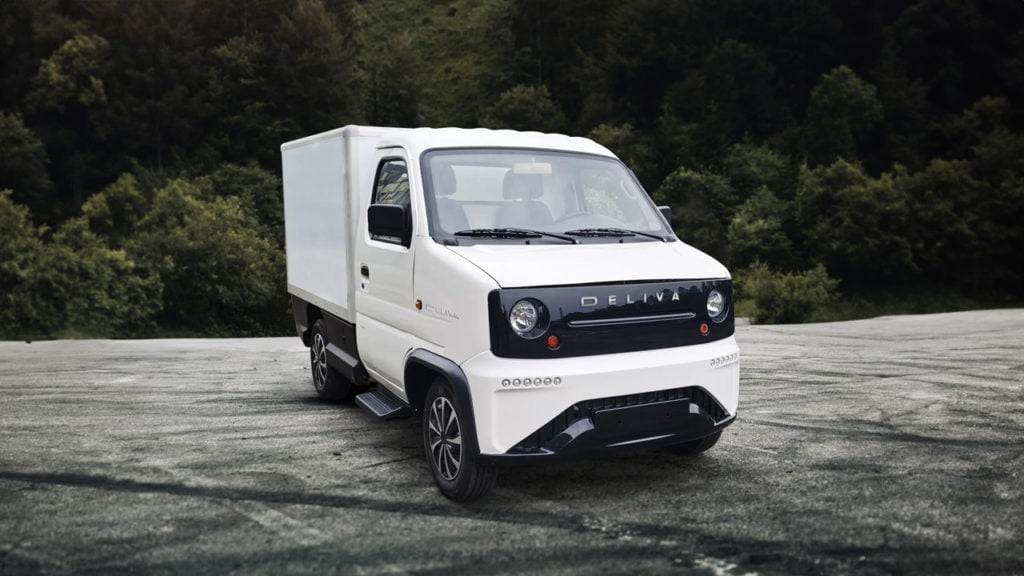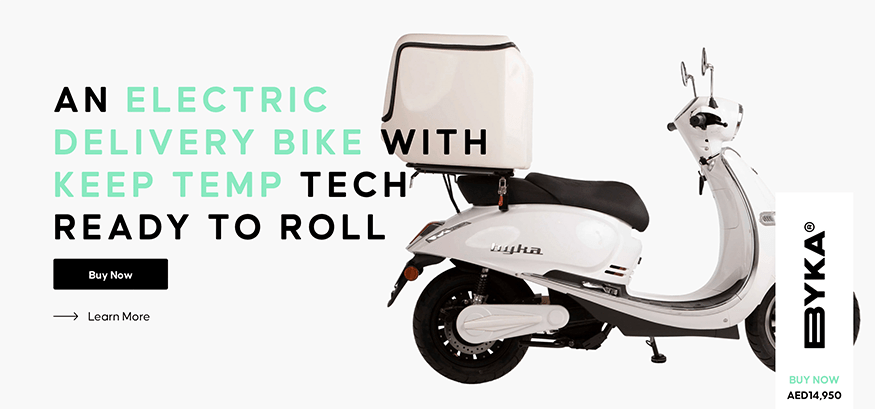As ONE MOTO march towards our global footprint. The distribution efforts of last year have led to us over-achieving our forecast growth by 25% YTD.
We often get asked how we achieve our goals, how we garner the traction when the EV industry has complex hurdles. Our answer nor strategy is simple, “we enter markets you don’t expect, and we know how to make considerable, positive impact.”
This article explains the Ethiopian landscape, the market and the statistics surrounding the opportunity.
To discuss new territories, get in touch.
In Ethiopia, and Addis Ababa to be location precise, last-mile delivery landscape is growing – as most geographies globally – in last-mile delivery, bike taxis and commuting, driven by technological advancements, infrastructure improvements, and the induction of governmental initiatives (B2C being the largest sector growing 3:1 from B2B).
As the country’s economy continues to expand and urbanise, the delivery sector plays a pivotal role in facilitating trade, commerce, and access to essential goods and services. In this article, we delve into the burgeoning last-mile delivery sector in Ethiopia, exploring key statistics, leading companies, the emergence of electric vehicles, costs per delivery and forecasted growth.
Rapid Expansion of Last-Mile Delivery
With a population exceeding 115 million and a rapidly growing middle class, the demand for fast and reliable delivery services has surged, creating lucrative opportunities for logistics providers and the proliferation of e-commerce platforms. Yet addressing financial considerations involves evaluating currency and the affordability of introducing sustainable mobility.
On January 29, 2024, the Ethiopian government imposed an immediate ban on ICE vehicles entering the country, aiming to support forecasted growth in the logistics industry estimated at over USD 3.5 billion. The last-mile delivery segment, which is growing globally at 27.1%, forms a significant part of this market and is poised to benefit from the rising demand for efficient solutions due to increasing e-commerce adoption among Ethiopian consumers.
Leading Companies and Innovation
In response to the growing demand for last-mile delivery services, several companies have emerged as key players in Ethiopia’s logistics landscape. Traditional logistics firms, as well as tech-driven startups, are competing to capture market share and differentiate themselves through innovation and efficiency.
Companies like Deliver Addis, Zmall_delivery, KZ EXPRESS, and RIDE are among the leading players in Ethiopia’s last-mile delivery sector, offering a range of services including: food delivery, grocery delivery, e-commerce, q-commerce and courier services. These companies leverage technology, such as mobile apps and telemetry, to optimise routes, minimise delivery times, and enhance the overall customer experience – something our predecessors couldn’t offer.

The Acceptance of Electric Vehicles
One of the most significant developments in Ethiopia’s #lastmiledelivery sector is the adoption of electric vehicles (EVs) as a sustainable and cost-effective alternative to traditional petrol/diesel-powered vehicles. With the government’s commitment to reducing carbon emissions and promoting clean energy initiatives, EVs have gained traction among logistics providers seeking to lower operational costs and minimise environmental impact. “Yet the offering of vehicles from trusted suppliers wasn’t available until ONE MOTO entered the market”. We look to build and lead the market, setting the foundations and benchmarks of quality, standards for others to enter, similarly to what we’ve achieved in the UAE.
“We recognised the potential of electric vehicles in the African landscape and have tailored our offerings to meet the unique needs of the market with #electricmotorcycles and #lightcommercialvehicles. By building electric motorcycles specifically designed for the challenging terrain and infrastructure constraints in #Ethiopia and other African countries, #ONEMOTO will build the market and then build for the market with localised assembly penned to break ground in 2025”.
Costs per Delivery and Forecasted Growth
The costs per delivery in Ethiopia vary depending on factors such as distance, package size, and delivery speed. However, the adoption of #electricvehicles can significantly reduce operational costs, including fuel expenses and maintenance, making it a cost-effective solution for logistics providers.
Despite the challenges posed by infrastructure limitations (for cars and HGV) and regulatory hurdles, the forecasted growth of Ethiopia’s last-mile delivery sector remains robust. Industry analysts predict double-digit growth rates in the coming years, driven by continued #urbanisation, e-commerce expansion, and further #governmentincentives – once bundled with the knowledge transfer to consumers and the education journey – this will impact the adoption significantly.
ONE MOTO are delighted to be partnering with established, trusted dealerships which will install customers with the confidence they need to support the adoption.
To discuss dealership and distribution opportunities in Africa, get in touch.



